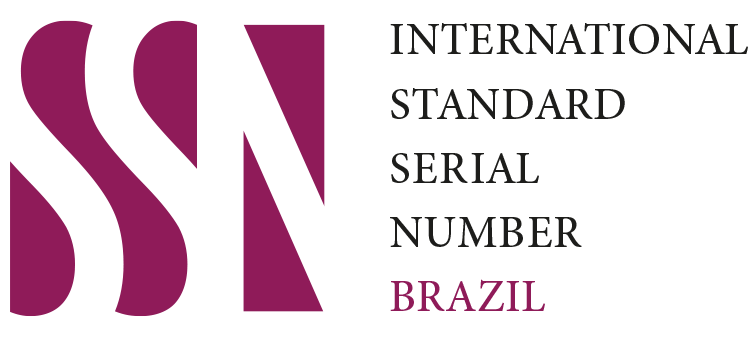The Higher Education Triad
Research, Extension, and Teaching as Pillars of Academic Formation
DOI:
https://doi.org/10.36674/mythos.v21i2.912Keywords:
Scientific Initiation, Final Course Assignment, National Curriculum Guidelines, University Extension, Research and DevelopmentAbstract
This edition discusses the importance of integrating teaching, research, and extension in higher education, focusing on research as an essential component of academic formation. While teaching is the primary motivation for students entering undergraduate programs, extension has gained prominence following CNE/CES Resolution No. 7 of 2018, which mandates that 10% of the course workload be allocated to extension activities. Research, however, is often confined to the Final Course Assignment (TCC), a practice considered the main form of Scientific Initiation in undergraduate programs. This process, although limited in duration and scope, is fundamental for the development of students' critical and academic skills, preparing them for advanced studies. The special edition of Revista Mythos reflects these efforts, presenting works developed within the context of undergraduate programs in the health field. The selected articles cover a variety of topics, always with a focus on understanding human behaviors and their impact on health and quality of life. This volume aims to encourage the appreciation of research in students' education and in the development of the communities in which they are embedded, promoting knowledge production as a tool for social transformation.
References
Soares J. M. A., Rios J. V. L. G., Maia J. M., Rigo T. M., Araújo D. R.F. & Camuñas G. C. (2020) Pesquisa na graduação médica: produção científica de uma unidade curricular obrigatória. Revista de Medicina, 99 (6), 531-537. http://dx.doi.org/10.11606/issn.1679-9836.v99i6p531-537
Soares, M., & Severino, A. J.. (2018). A prática da pesquisa no ensino superior: conhecimento pertencente na formação humana. Avaliação: Revista Da Avaliação Da Educação Superior (campinas), 23(2), 372–390. https://doi.org/10.1590/S1414-40772018000200006
Trindade, A. P. N. T., Bachur, J. A., & Oliveira, F. B. (2018). TCC: um momento obrigatório ou uma oportunidade construída?. Revista Triângulo, 11(1), 225–234. https://doi.org/10.18554/rt.v0i0.2720
Downloads
Published
How to Cite
Issue
Section
License
Since January of 2024, the authors retain the copyright relating to their article and grant the journal Mythos, from FEPESMIG, the right of first publication, with the work simultaneously licensed under the Creative Commons Attribution 4.0 International license (CC BY 4.0), as stated in the article’s PDF document. This license provides that the article published can be shared (allows you to copy and redistribute the material in any medium or format) and adapted (allows you to remix, transform, and create from the material for any purpose, even commercial) by anyone.










